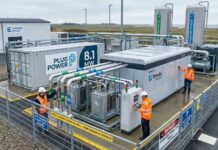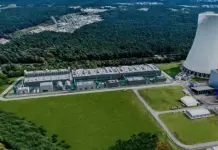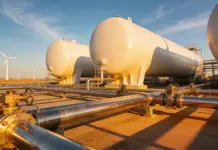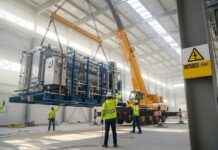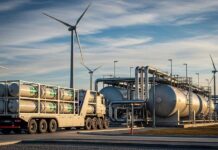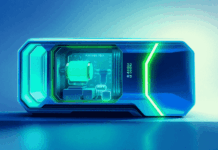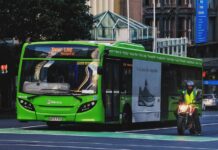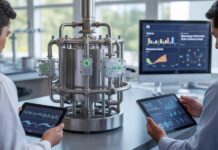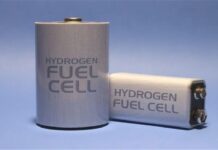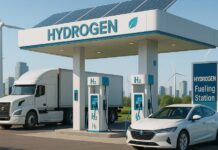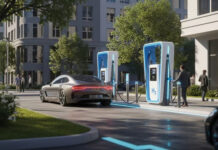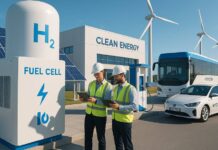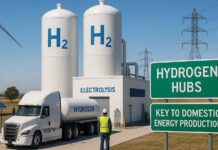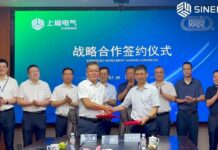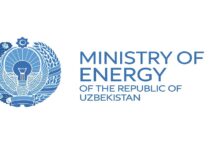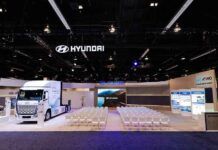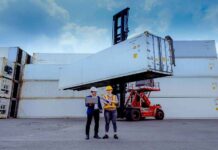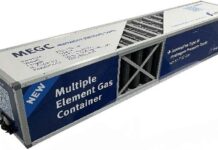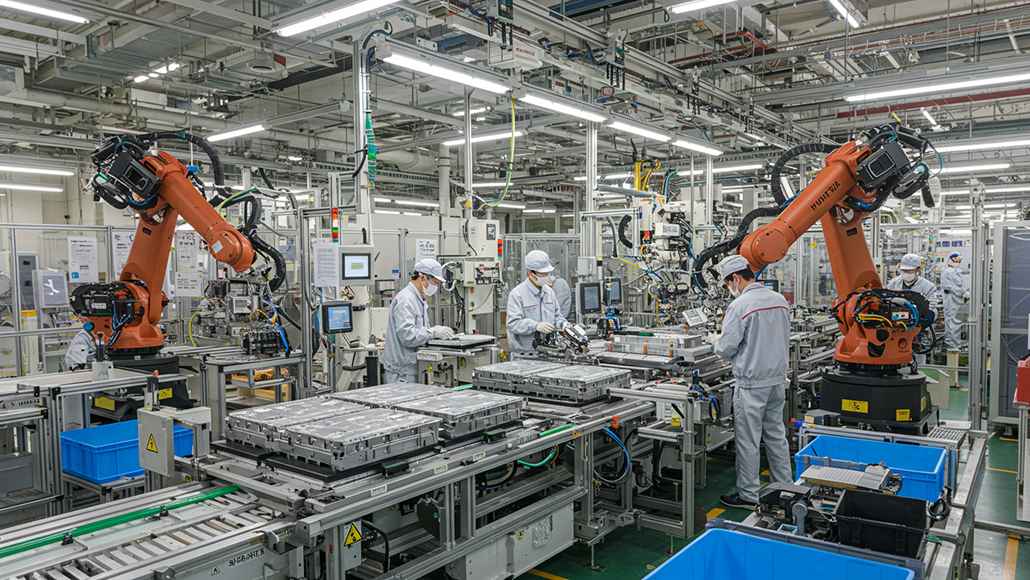Toyota is doubling down on the hydrogen future of China by way of announcing a new joint venture with its Chinese conglomerate Shudao Investment Group in order to build a major hydrogen fuel cell base based out of Chengdu in Sichuan province.
With an overall investment of 1 billion yuan, which is approximately ¥20 billion or $139 million, the Shudao Toyota hydrogen fuel cell smart manufacturing base looks forward to becoming the region’s premier hydrogen hub when it comes to commercial vehicle applications.
Akita Takashi, who is the senior executive vice president of Toyota Motor (China) Investment, while speaking at the 2025 Invest Chengdu Global Investment Attraction Conference, stressed the importance of his company’s long-standing relationship with the Sichuan province, noting that its first China plant was set up over there in 1998. He added that the company hopes to cherish the relationship of dependence and trust they have built with time and also develop their business together.
The new project, which is already inked and scheduled to be functional by the end of 2025, is going to produce hydrogen fuel cell systems, fuel cell stacks, and essential components in order to support a broad range of commercial vehicles, which includes the likes of dump trucks, large trucks, buses, and municipal sanitation vehicles. It will also integrate research and development, sales, production, and service operations, all under one roof, by aligning with the largest strategic objective of Toyota to actively contribute towards the double carbon objectives of reducing carbon dioxide emissions of China and also achieving net zero emissions.
It is well to be noted that the key factor for choosing Chengdu for hydrogen fuel cell base is its ability to deliver affordable hydrogen gas, the rich supply of green electricity, and also the emerging Chengdu-Chongqing hydrogen corridor, which is anticipated to drive demand when it comes to hydrogen-powered transport. Local government support, along with incentives like highway toll reduction for fuel cell vehicles, has also gone on to help in sealing the deal.
Toyota, which went on to pioneer the mass market hydrogen mobility with its 2014 launch of Mirai, has been steadily ramping up its presence in the hydrogen economy of China. The new joint venture adds to the broad portfolio, which includes erstwhile collaborations like United Fuel Cell System R&D–Beijing as well as Huafeng Fuel Cell Co. Limited, launched between 2020 and 2021. Because of its latest commitment, Toyota goes on to cement its endeavors to be a central player when it comes to the hydrogen supply chain evolution of China.


